When my plane landed in Siem Reap, Cambodia, I knew I was better off flying in from Bangkok than taking a mini-bus this time around. A 1 hour hop, instead of 9 hours stuffed into a sweltering van. I swiftly pass my co-passengers to the front of the immigration queue, because I knew to have the proper paperwork and photo ready for my visa-on-arrival. I knew to keep a crisp 100 dollar bill on me in order to avoid the high ATM fees at the airport. And I knew how to talk my way into getting a free ride to a hotel close to the city center, without bothering to make a reservation.
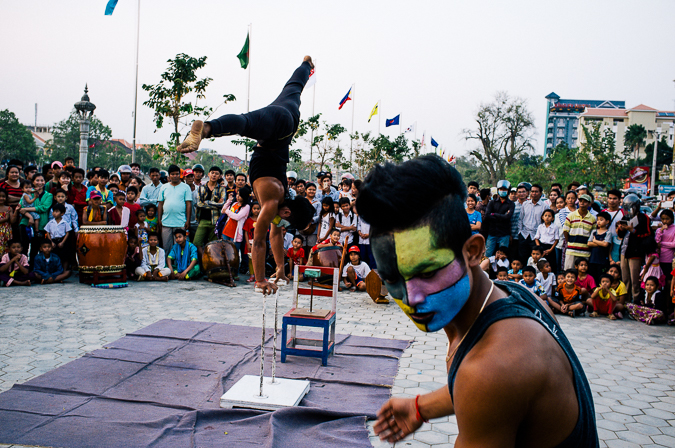
Busking in Battambang, Cambodia - March 2015
In fact, I knew so much that I started to forget that being a “good” traveler goes far beyond the measure of how well one can pack a bag, negotiate, or navigate.
Because recently, many of the preconceived notions and expectations that I’ve accumulated through traveling have been placed upside down—or possibly, right-side-up. A humbling experience which has saved me from jadedness. It’s certainly not the first time for this to happen. The repetition continues, as this is a difficult lesson to learn. I like to sometimes think that I can pack away what I gain from an experience and apply it wherever I go. That I’ll avoid my past mistakes. But more than just mistakes are foregone, as this way of living inches me closer to a life on autopilot.
And so, this is what I had presumed to know…
I knew from walking the streets of Cambodia and hearing “Hello Sir, hello!”, a dozen times a day, that this was the call of a tuk-tuk taxi driver trying to sell me on his services.
So when I heard a “Hello, hello!” as I left the comfort of an air-conditioned cafe, I nearly held my back to the voice. But everyone deserves the basic consideration of acknowledgement. So as I glanced over to tell the driver a “No thank you.”, he responded by asking, “Aren’t you Melissa’s friend?”. Because this was Tin-tin, a friend of a friend, and he recognized me from my brief visit 2 years prior.
But then…
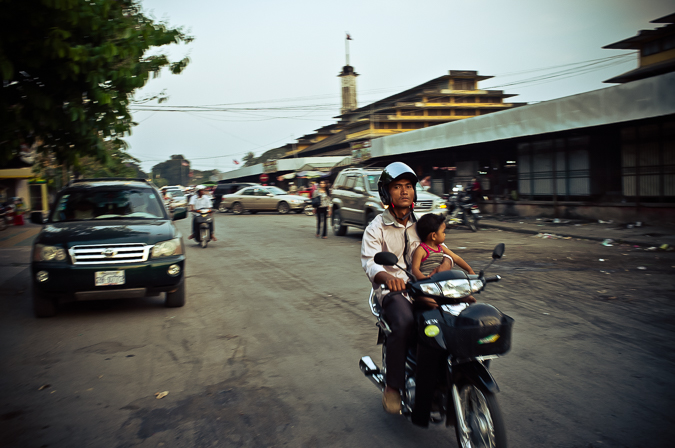
Battambang, Cambodia - March 2015
I surely knew the limits of communication when our spoken language isn’t shared with another. That from my all my encounters with non-English speaking locals, I grew frustrated enough to avoid trying to pull more than the most basic information from someone. Age, how big their family is, hometown, favorite food, or directions. And that attempting to break past this sphere of constraints wouldn’t be worth the effort.
Then I arrived in a smaller Thai town with my friend, Rachel, who at that moment had only been in the country for about a week. In this town I had already knew the basics whereabouts of the better accommodation—of course. But Rachel, well, she was determined to get the best hotel recommendation from within the convenience store that we were stepping into.
“Do you know where is a good hotel?”, was the question that we ushered towards a Thai woman. And it was met with a puzzled look and badly broken English, which Rachel exchanged for her sliver of Thai. And so I saw what I expected; a local who had become confused and unnecessarily bothered. “We will do just fine on our own.”, were my unspoken thoughts, as I suggested we take a taxi to the district of hotels that I had already pinpointed on the google maps of my mobile.
Moments later, while we waited for that taxi on a street corner flanked by food stalls and passing motos, someone shouted for our attention from a pickup truck. As I approached the vehicle—with my slow restless movements, strained by the weight of my two backpacks and the previous 12 hours spent in transit—I recognized the same Thai woman from the convenience store, and she motioned for Rachel and I to jump in the back. This school teacher as we later learned, just wanted a group selfie in return for a free ride to a floating guesthouse on the water.
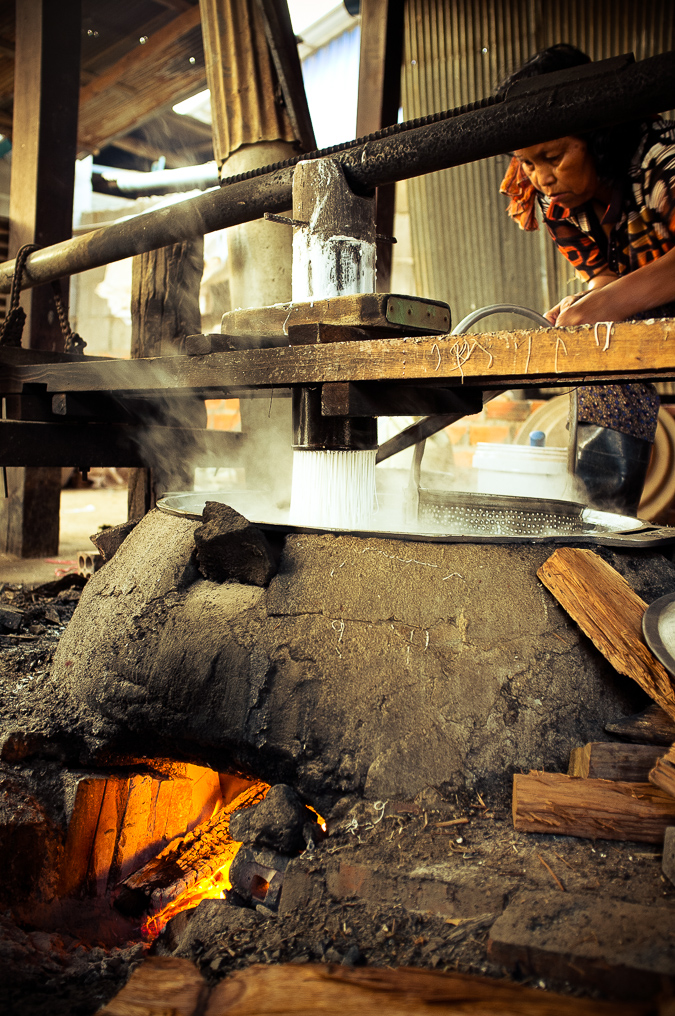
Rice noodles being made in Battambang, Cambodia - March 2015
But at the very least, maybe, I knew that a little old street food vendor who was busy cooking batches of “kanong beng yuang”—a square shaped omelette stuffed with pickled veggies—would not want to be troubled with anything more than a food order.
So when Rachel started to ask if she could cook her food herself, using the very spatula that the old woman had in hand… well, I thought she was crazy for attempting this. But immediately then, I haulted myself right there. I instead encouraged Rachel to try asking one more time, as she looked up the Thai phrase that she needed to communicate.
And we soon found ourselves laughing about the experience, as we finished off our lopsided meal together, made through unexpected time behind a wok.
When exposed to any particular way of life or environment for an extended period of time—we can become jaded—particularly when we hold too tightly on our past experiences. Jaded with travel. With work. With our hometown. Or in some cases, jaded with a loved one.
I’ve experienced all of this at one time or another. And I’ll likely experience some of this again, despite my best intentions.
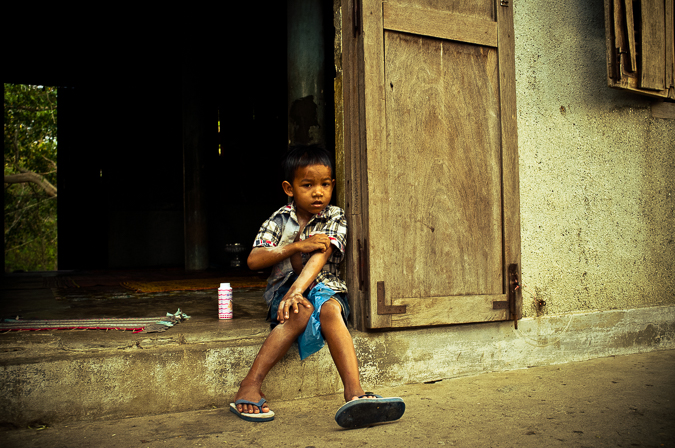
Battambang, Cambodia - March 2015
Yet there is great value to what I’ve lived through. And I’ve come to believe that this value is at its highest when this reservoir of knowledge built from experiences is used to learn how to ask the right questions, rather than for fishing out the right answers.
And sometimes, this is simply knowing when to ask, “Who knows?”, “Why not?”, and “What if?”.
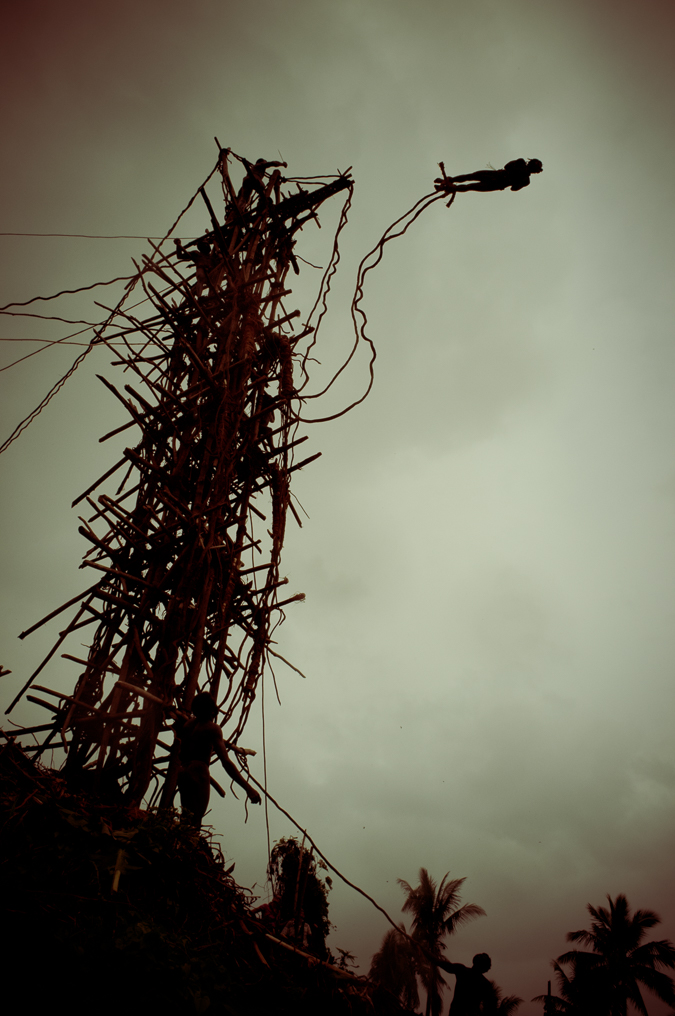

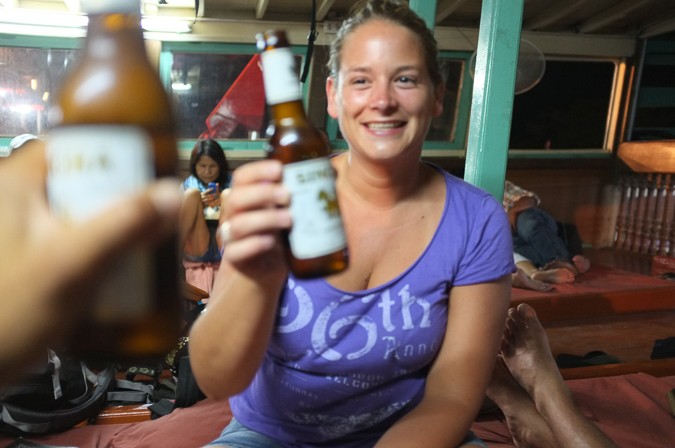

Twitter
Google+
Facebook
Reddit
LinkedIn
StumbleUpon
Pinterest
Email